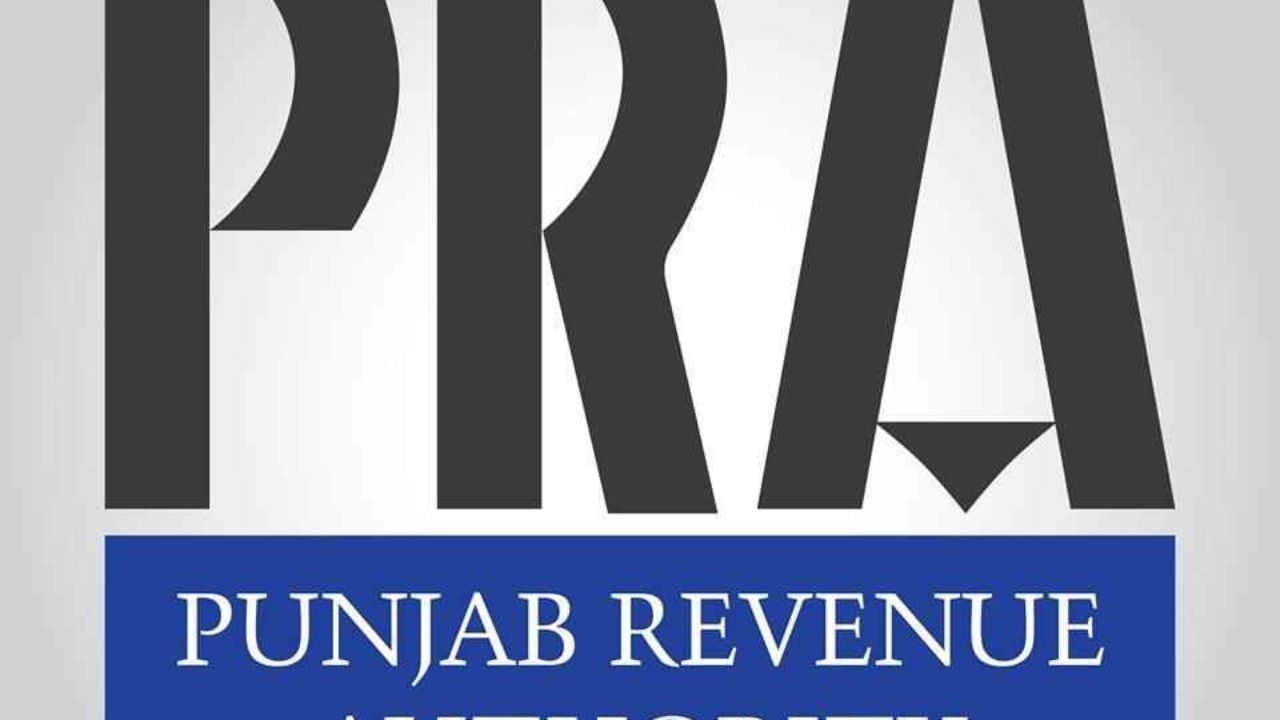LAHORE MIRROR– The Punjab Revenue Authority (PRA) collected Rs.19.1 billion during the month of February 2024, which is 23% higher than Rs.15.6 billion collected during the same period last year.
For FY 2022-23, PRA exceeded its assigned target of Rs.190 bn by collecting over Rs.201.5 billion.
For 2023-24, PRA is assigned the target of Rs.240 which is expected to be achieved through its multipronged strategy of taxpayers’ facilitation and education, stakeholders’ inclusion, effective use of Information technology duly augmented by enforcement activities.
The PRA spokesperson stated that PRA is currently contributing over 66% of the entire own source revenue of the Punjab through collecting Sales Tax on Services, Punjab Infrastructure Development Cess and Punjab Workers’ Welfare Fund.
The spokesman further added that the 23% growth in revenue collection seems promising despite economic uncertainty, elections and reduction in public sector spending. This reflects that the Authority is determined to achieve its assigned target as per the history of previous consecutive four years.
The major service sector revenue spinners during the current financial year are telecommunication sector, insurance, IT enabled or IT based services, courier services and franchise services.
Though a part of IT services like software development and educational institutions imparting IT education were exempted from the tax in September 2023, IT sector also showed 18% growth in revenue which reflected the effective enforcement by the officers of PRA.
Other important sectors posting growth during the current financial year are dress designing (183%), workshops for electric equipment (149%), cable TV operators (131%), architects and town planners (76%), Beauty parlors and beauty clinics (69%), Ride hailing services (65%) and property developers (65%). Besides growth in Sales Tax on Services, PRA also registers 67% growth in PWWF collection and 46% growth in PIDC during the current financial year.
PRA, established through Punjab Revenue Authority Act, 2012, started with the modest collection of Rs.33.9 billion (FY 2012-13) has now surpassed Rs.201.5 billion (FY 2022-23).
This persistent upward collection trajectory is attributed to adoption of best enforcement practices as well as its collaborative and integrative approach towards intra-provincial, inter provincial and federal-provincial public sector organizations which assists in efficient working of the organization as well as effective collection of taxes.
During the currency of year, PRA established its first ever Intelligence and Prosecution (I&P) Cell, designated commercial banks as collecting agents for service tax on account of e-platforms like Google, Facebook and web-streaming services like Netflix.
Another initiative is designating CDC, NCCPL, PMEX as collecting agents for stock brokers at stock exchanges. Moreover, food delivery platforms like foodpanda were also designated as collecting agents of PRA.
As far as PRA’s collaborative approach is concerned, PRA is an active partner in initiatives like integration of data bases at provincial level under PRIDE programme as well as with federal organisations like integration of databases under SIFC directions. It has also signed an MOU with SECP for one stop registration.
PRA has also joined Single Sales Tax Return with FBR and other three provincial revenue authorities which will not only help in ease of doing business for the taxpayers but will also help in increased exchange of data with the other partner sales tax collecting revenue authorities.
In Punjab, PRA has integrated its data base with public sector organisations like Punjab Food Authority (PFA), PESSI, Excise & Taxation department, School Education department and Agriculture department.
In future, PRA looks forward to partnerships with other organisations like Punjab Safe Cities Authority (PSCA) for their expertise in video vigilance and Punjab Police for access to data of hotel eye which will further strengthen its capacity to collect revenue.

